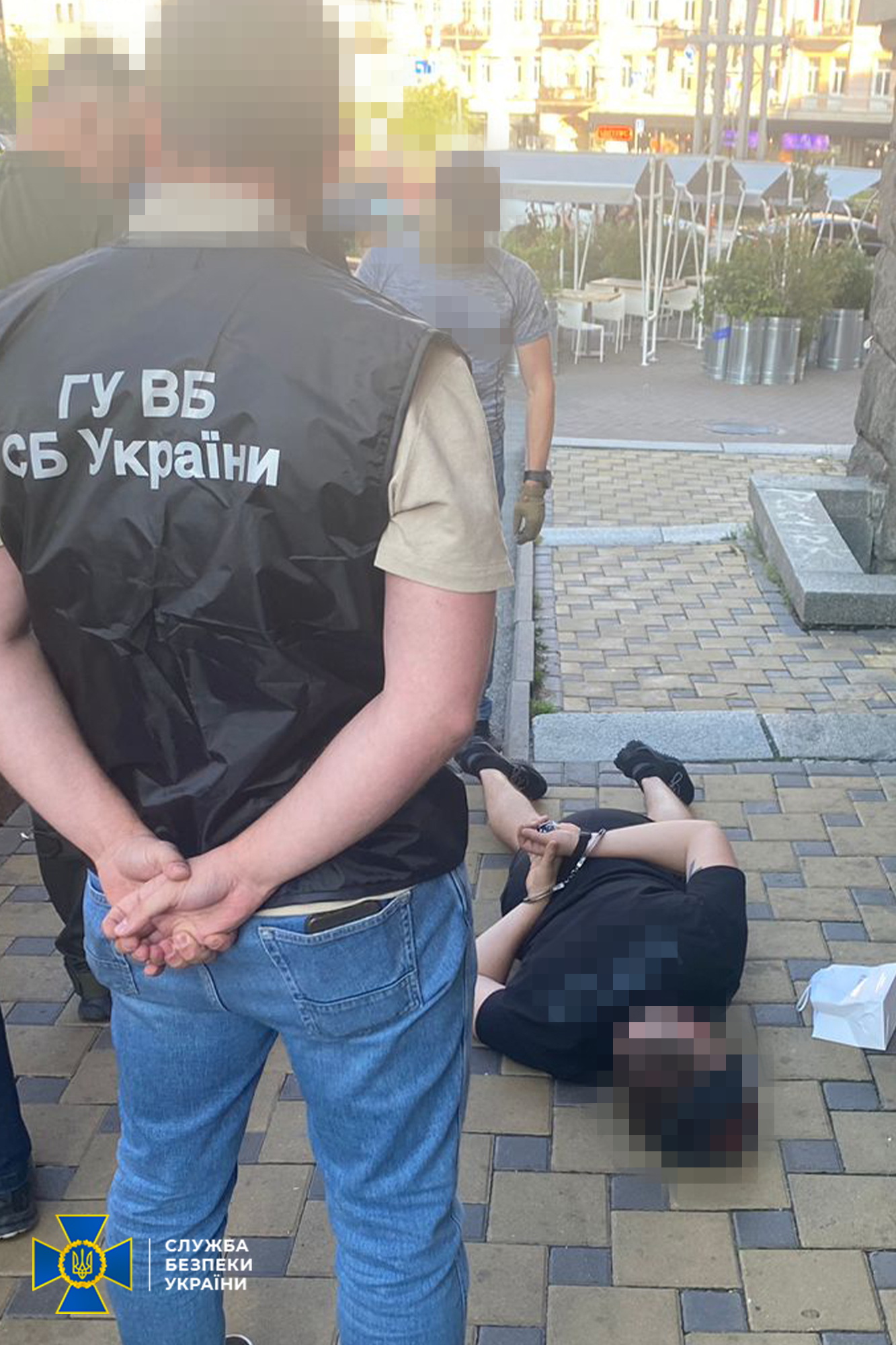Ukraine’s parliament voted to strip anti-corruption agencies of their independence just as a major bribery scandal emerged within the Security Service of Ukraine (SBU), exposing the government’s attack on oversight institutions while corruption flourishes unchecked.
The $300,000 bribery case involving an SBU official who helped draft dodgers avoid military service reveals systemic corruption within the same agency that justified dismantling independent anti-corruption institutions.
The timing demonstrates how Ukraine is eliminating accountability mechanisms while the problems they were designed to address persist across the system.
SBU official sold draft exemptions for $300,000
An SBU Department for Protection of National Statehood sector chief exploited his unit’s role in a National Police investigation targeting illegal border crossings by draft dodgers. Through two intermediaries—including a former SBU employee—he demanded $300,000 from a suspect to destroy case materials and leak investigative details, NABU and the Specialized Anti-Corruption Prosecutor’s Office (SAPO) reported.
The official threatened prosecution under more severe charges if the suspect refused to pay. Investigators documented him receiving $72,000 before filing charges under Article 368 of Ukraine’s Criminal Code for abuse of office.
The scheme targeted Ukraine’s most sensitive wartime issue—military service evasion during an existential fight for survival. The corruption reached into the security apparatus responsible for protecting national defense, showing how graft undermines Ukraine’s war effort at the highest levels.
The SBU confirmed their Internal Security Department discovered the corruption in 2024. The case was subsequently transferred to the State Bureau of Investigations, then to NABU due to the large bribe amount—following standard procedures for high-value corruption cases.
Parliament guts anti-corruption oversight
Hours after NABU announced the completed investigation, Parliament passed Bill No. 12414 by 263 votes, fundamentally restructuring Ukraine’s anti-corruption system. The legislation transfers key oversight powers from independent agencies to the politically-appointed Prosecutor General.
The new rules allow the Prosecutor General to reassign NABU cases, override SAPO prosecutorial decisions, and resolve inter-agency disputes. SAPO prosecutors now report to the Prosecutor General rather than their own leadership, while NABU’s director must seek permission to claim jurisdiction over cases.
NABU and SAPO were created after the 2014 revolution specifically to investigate high-level corruption with independence from political interference. The new law eliminates that independence entirely.
Political analyst Ihor Chalenko told Euromaidan Press the changes create “a lasting centralization of authority over Ukraine’s law enforcement system.” All investigative agencies now operate under a single hierarchy, with the Prosecutor General holding decisive power over case assignments and prosecutorial decisions.

Security service officials took $300,000 bribes as Ukraine gutts corruption oversight
A pattern of institutional conflict
This isn’t the first time Ukraine’s security agencies and anti-corruption bodies have clashed. In 2017, the SBU detained seven NABU employees working undercover, sparking what became known as the “war of anti-corruptionists.” That conflict escalated to threats of dismissing NABU’s director, prompting warnings from the US that aid could be cut if anti-corruption institutions were dismantled.
The SBU has also faced criticism for targeting journalists investigating corruption. In February 2024, the agency was exposed for illegally surveilling investigative outlet Bihus.Info, while in 2024, President Zelenskyy fired the SBU’s cybersecurity chief for allegedly retaliating against a journalist who investigated his family’s questionable property purchases.
These patterns suggest institutional tensions that extend beyond the current crisis, with the SBU repeatedly finding itself involved in controversies while serving as both investigator and subject of corruption probes.
International stakes rise
The G7 Ambassadors expressed “serious concerns” about developments at NABU and requested meetings with Ukrainian government officials. Ukraine’s EU aspirations and billions in Western aid depend heavily on anti-corruption performance, making institutional changes a potential threat to international support.
The Anti-Corruption Action Center described recent developments as “an attempt to destroy independent institutions” to prevent investigations into officials close to President Zelenskyy. The European Union has not yet considered suspending funding over the anti-corruption agency changes, but observers worry about the precedent.
Why this matters for Ukraine’s future
The timing of these separate developments—a completed corruption case against the SBU and Parliament’s vote to centralize anti-corruption control—reveals the complexity of Ukraine’s institutional challenges during wartime.
With elections suspended and political opposition limited, independent anti-corruption agencies represented among the last checks on executive power. The SBU case demonstrates that corruption exists across the security apparatus, raising questions about whether concentrating oversight authority in the Prosecutor General’s Office addresses the problem or simply relocates it.
Ukraine must simultaneously fight external enemies and maintain internal accountability. The latest revelations suggest the corruption challenge extends throughout the law enforcement system that’s now being reorganized under centralized control.
Read also
-
Alleged FSB infiltration investigation used to smash Ukraine’s anti-corruption system, says watchdog
-
Abuse of power: Ukraine’s Civil Anti-Corruption Council urges Zelenskyy to veto new law undermining anti-corruption system
-
Western trust under threat as Zelenskyy nears signing controversial law that crashes Ukraine’s anti-corruption system



